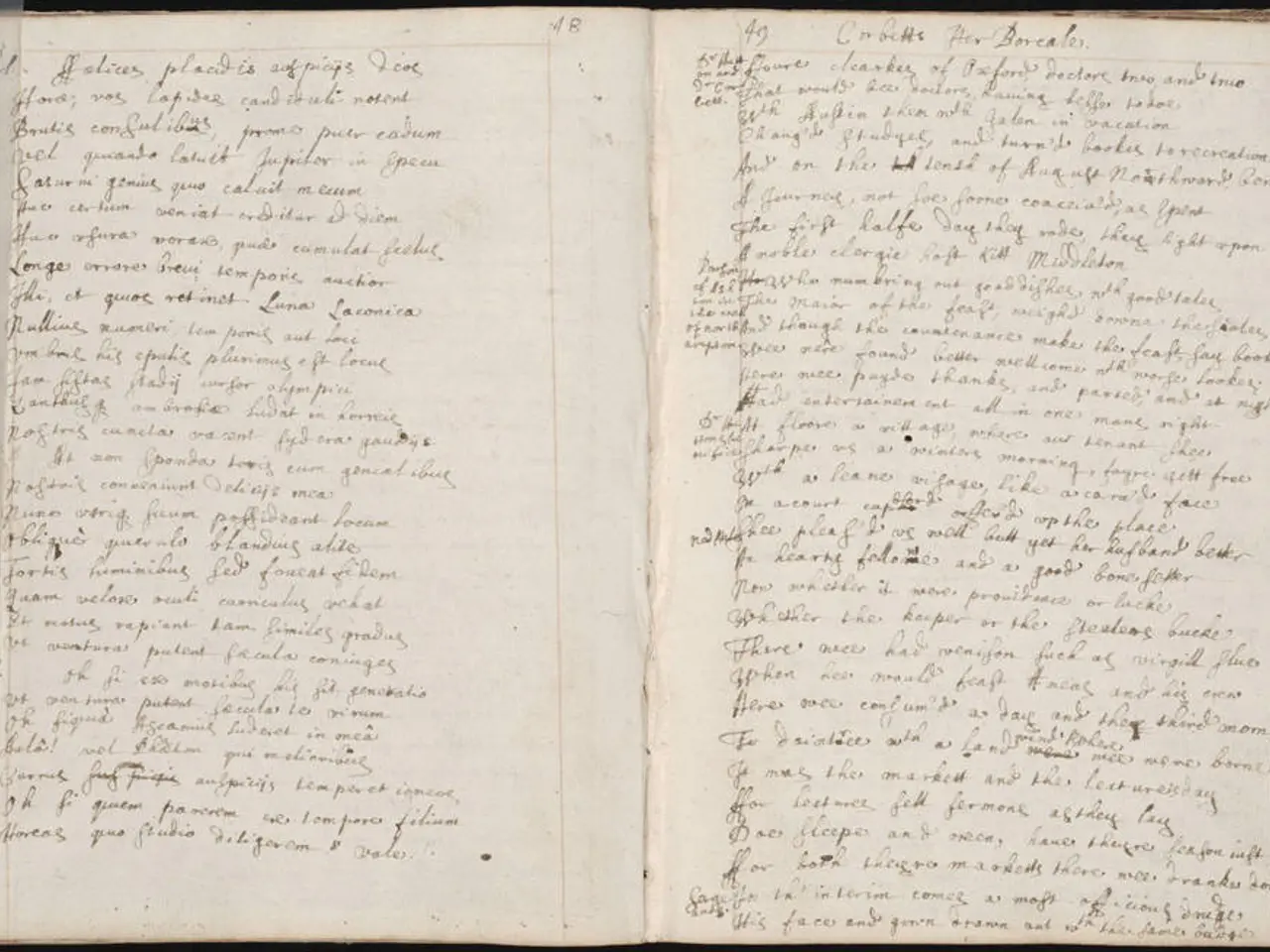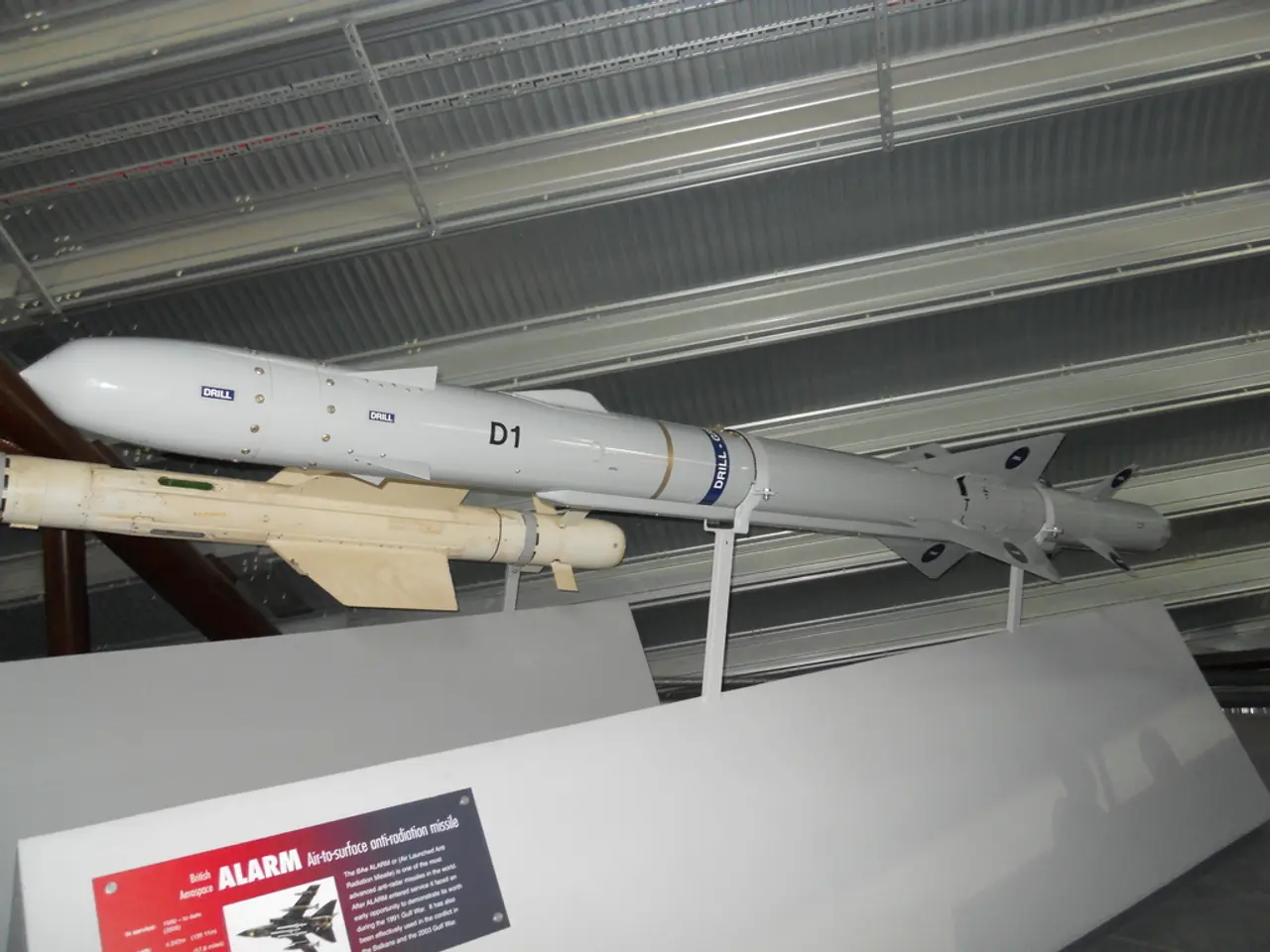Coordinated Multi- faceted Assault on Moldova is perceived by Estonia's Foreign Minister as imminent
=====================================================================
In a concerning development, Russia is alleged to be conducting a coordinated hybrid attack on Moldova, aimed at destabilizing the country and blocking its European integration. This operation, set to unfold ahead of Moldova’s parliamentary elections scheduled for September 28, 2025, employs a broad range of tactics, including disinformation campaigns, election interference, cyberattacks, manipulation of religious institutions, paid protests, and attempts to sabotage voting, particularly among Moldovan citizens abroad.
The Kremlin reportedly directs these efforts from a centralized command and finances them through networks involving sanctioned oligarch Ilan Shor. The hybrid attack uses false narratives and propaganda to delegitimize Moldova’s pro-European government and to portray Western alliances—NATO and Ukraine—as aggressors seeking to drag Moldova into conflict. Russian-backed political projects are designed to install pro-Russian figures into parliament to reverse Moldova's European trajectory.
Disinformation campaigns also involve recruiting opinion leaders and online influencers to spread anti-European and pro-Russian messages, while denying or mocking accusations of interference as a standard Kremlin tactic to deflect attention. Moldovan President Maia Sandu and Moldovan intelligence have confirmed evidence of Russia’s plans to destabilize Moldova, including preparations for a false flag operation in the breakaway region of Transnistria, a territory under Kremlin influence where Russian military warehouses are located.
While experts agree that Russia lacks the capacity to mount a large-scale military intervention, the hybrid attack leverages sophisticated information operations and cyber threats to undermine Moldova’s sovereignty and pro-European reforms. The Kremlin’s activity in Moldova fits within a broader pattern of Russian hybrid warfare in Eastern Europe, similar to its interference in elections and domestic affairs in Poland, Romania, and beyond. The attacks exploit social media platforms, propaganda channels, and coordinated finances to destabilize governments leaning toward the West, maintaining Moscow's geopolitical influence in the region.
Interestingly, the Baltic Republic has allocated half a million euros for the promotion of democracy in Moldova, a move that is not considered an intervention. Estonian Foreign Minister, Margus Tsakhkna, made this statement, emphasizing the importance of supporting democratic values and institutions in Moldova.
In summary, the ongoing "coordinated hybrid attack" on Moldova by Russia constitutes a comprehensive campaign of political manipulation, propaganda, cyber operations, and election interference intended to weaken Moldova’s democracy and prevent its Euro-Atlantic integration. As the election date approaches, it remains crucial for Moldova and its international partners to remain vigilant and to counter these threats to Moldova’s sovereignty and its European aspirations.
- The hybrid attack on Moldova, orchestrated by Russia, uses propaganda to discredit Moldova's pro-European government and portray Western alliances negatively, aligning more with policy-and-legislation and politics in the general news.
- Russian-backed political projects, aimed at installing pro-Russian figures into Moldova's parliament, are a part of the broader political landscape, revealing the country's susceptibility to influence from foreign policies, particularly in the context of the upcoming parliamentary elections.








